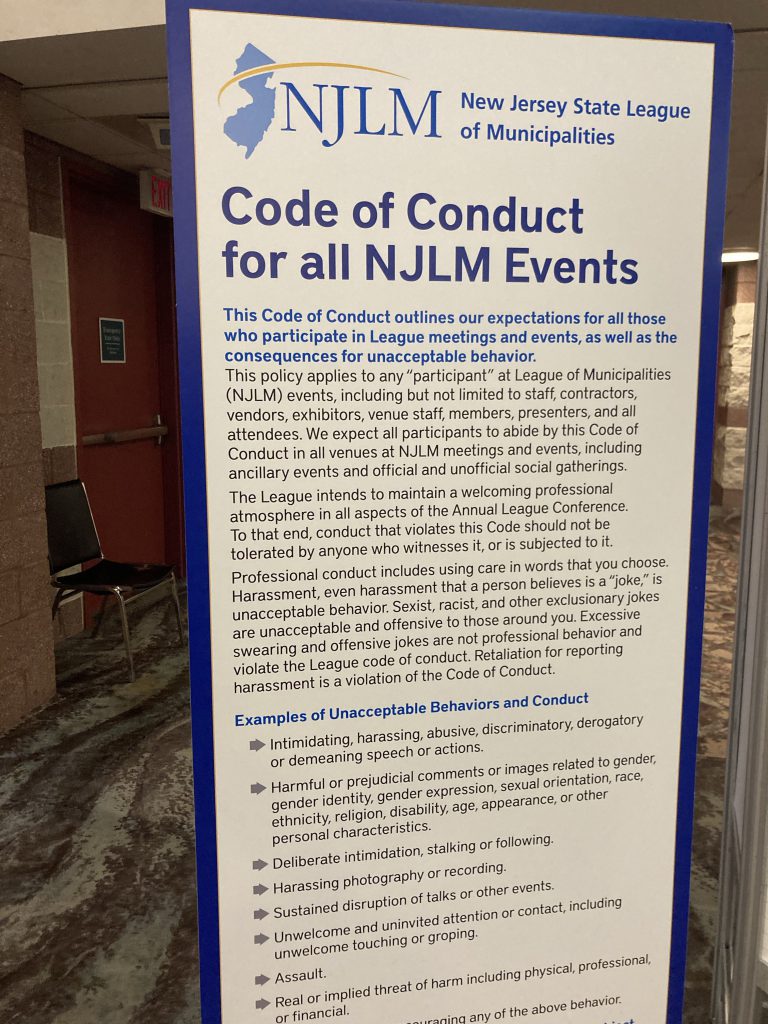In what we refer to as the “information age“, the value of information is recognized and rewarded as a key economic driver. But what about misinformation? Do we adequately recognize and admonish this opposite driving force?
I recently resolved to support organizations in updating their acceptable behavior policies to address misinformation. As usual, it is important to lead by example. We will update the policies of my own businesses and those where I serve as an executive or director.
We see that misinformation is causing a deterioration in society. Social medial appears to be the primary accelerator. Yet misinformation has always existed and has historically not triggered the need for regulatory oversight. Simply put, we have a right to be wrong. But we have reached a tipping point where this is about to change. Many conclude that we cannot or will not endure the harms of deliberate harmful misinformation.
Finding a balance between personal freedoms, including the right to be wrong, and effective policies for an organization is not an easy task. But those of us in positions of ESG leadership are prompted now to face the question.
#ESG #misinformation

